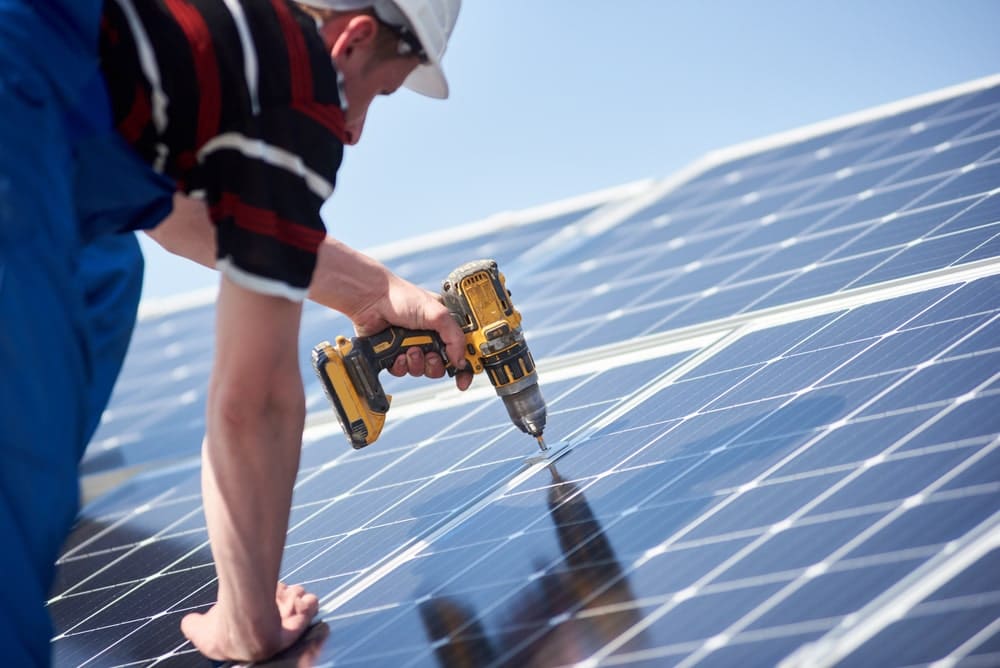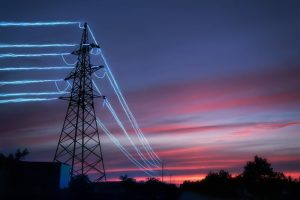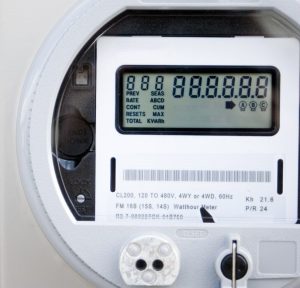Home > Energy Plans > What Are The Benefits Of A Solar Energy System?
What Are The Benefits Of A Solar Energy System?
Find out all about the benefits of installing a solar energy system here with Savvy’s comprehensive guide to solar energy generation.
Author
Savvy Editorial TeamFact checked

Are you wondering what are the benefits of a solar energy system? Is now the right time for you to go solar? By harnessing the power of the sun, and turning it into usable electricity, a solar energy system can dramatically reduce your electricity bills, as well as contribute to a cleaner and more sustainable energy future for Australia. With government financial incentives available to encourage households to install solar panels, is now the right time for your household to go solar? Find out about the pros and cons of solar systems here with Savvy.
How do solar energy systems work?
Solar energy systems, also known as photovoltaic (PV) systems, harness the power of sunlight and convert it into usable electricity. Installing a solar system involves several key components:
- Solar Panels:
Solar panels, made up of multiple solar cells, are installed on rooftops or open spaces where they can receive maximum sunlight exposure. These panels consist of semiconductor materials that generate direct current (DC) electricity when exposed to sunlight. - Solar inverter:
The DC electricity produced by solar panels is then sent to an inverter. The inverter converts the DC electricity into alternating current (AC), which is the type of electricity used in homes and businesses. - Electrical panel:
The AC electricity from the inverter is sent to the main electrical panel, also known as the breaker box. The electrical panel distributes the solar-generated electricity to power appliances within your home. - Power grid connection:
Any excess electricity not used immediately is sent back to the utility grid through a bi-directional meter. This allows homeowners to receive a credit for the excess energy produced, effectively ‘turning back’ the electricity meter. - Combined solar generation and battery storage
Solar systems that also include a battery storage system retain more of the electricity your solar panels generate. This means that less electricity is exported back into the grid. Instead, it is stored in the battery for use when your solar panels are not generating sufficient energy, such as at night or on cloudy days.
What are the benefits of installing a solar energy system?
Installing a solar energy system offers several compelling benefits, including:
- Cost savings: Solar electricity plans can lead to substantial reductions or even the elimination of monthly electricity bills, resulting in long-term savings on your energy plans.
- Renewable and clean energy: Solar power is a clean and renewable energy source, reducing dependence on fossil fuels and making a positive impact on mitigating climate change.
- Financial incentives: Most State Governments provide financial incentives, such as rebates, tax credits, and feed-in tariffs, to encourage the adoption of solar energy systems, making them more affordable for homeowners.
- Increased property value: Homes equipped with solar energy systems tend to have a higher resale value. Potential buyers recognise the long-term energy savings and environmental benefits associated with solar power.
- Energy independence: Generating your own electricity with a solar energy system provides a sense of energy independence. It reduces reliance on the grid and offers protection against rising utility prices.
- Environmental benefits: Solar energy systems produce clean energy, resulting in reduced greenhouse gas emissions and air pollution. By choosing solar, you contribute to a healthier environment and a more sustainable future.
Investing in a solar energy system brings a range of advantages. By harnessing the power of the sun, you can enjoy a clean, renewable, and cost-effective energy solution for your home or business.
How much does a solar energy system cost?
The cost of a solar energy system in Australia will vary depending on several factors, including the system size, the quality of components, and the installation complexity. On average, a residential solar energy system in Australia can range from $5,000 to $12,000 for a 5kW to 8kW system, before considering any applicable government incentives or solar rebates.
The cost of a solar energy system can be broken down into several components, including:
- the cost of the solar panels
- the size and cost of the inverter
- the rooftop mounting system used
- the electrical work required
- installation fees.
In Australia, government incentives and rebates further contribute to reducing the cost of solar energy systems. The Federal Government's Small-scale Renewable Energy Scheme (SRES) provides a financial incentive in the form of Small-scale Technology Certificates (STCs). These certificates can be traded and sold, effectively lowering the upfront cost of installing a solar system.
The cost of a solar energy system should be viewed as an investment rather than solely an expense. This is because over time, the system pays for itself through savings on electricity bills and potential revenue from excess energy exports through feed-in tariffs.
It's important to note that the cost of solar panels has significantly decreased in recent years, making solar energy more affordable and accessible for homeowners in Australia.
Additionally, as electricity costs rise, the return on investment for solar systems is typically more favourable due to the savings on electricity bills and potential income from excess energy exports.
What is the average payback period for a solar energy system?
The payback period for a solar energy system refers to the time it takes to recover the initial cost of installing the system through savings on electricity bills. It is an important factor to consider when evaluating the financial benefits of going solar. The payback period for a solar energy system is influenced by several factors, such as:
- the system size
- the initial system cost
- any government incentives you may be eligible for
- your average household energy consumption
- where you are located (in terms of sunlight hours received)
- the electricity tariff structure of your electricity provider
On average, residential solar energy systems in Australia have a payback period of approximately four to eight years. Once the payback period is reached, homeowners can continue to enjoy significant savings on their electricity bills for the remaining lifespan of the solar energy system, typically ranging from 20 to 25 years.
To determine your specific payback period, it's advisable to consult with a reputable solar energy provider. They can provide tailored quotes and personalised payback estimates, based on your location, energy usage, and available incentives. By embracing solar energy, Australians can enjoy the benefits of clean, affordable, and sustainable power while making a positive impact on the environment.
Helpful energy guides
Compare energy plans
Disclaimer:
Savvy is partnered with Econnex Comparison (CIMET Sales Pty Ltd, ABN 72 620 395 726) to provide readers with a variety of energy plans to compare. We do not compare all retailers in the market, or all plans offered by all retailers. Savvy earns a commission from Econnex each time a customer buys an energy plan via our website. We don’t arrange for products to be purchased directly, as all purchases are conducted via Econnex.
Any advice presented above is general in nature and doesn’t consider your personal or business objectives, needs or finances. It’s always important to consider whether advice is suitable for you before purchasing an energy plan. For further information on the variety of energy plans compared by Econnex, or how their business works, you can visit their website.








